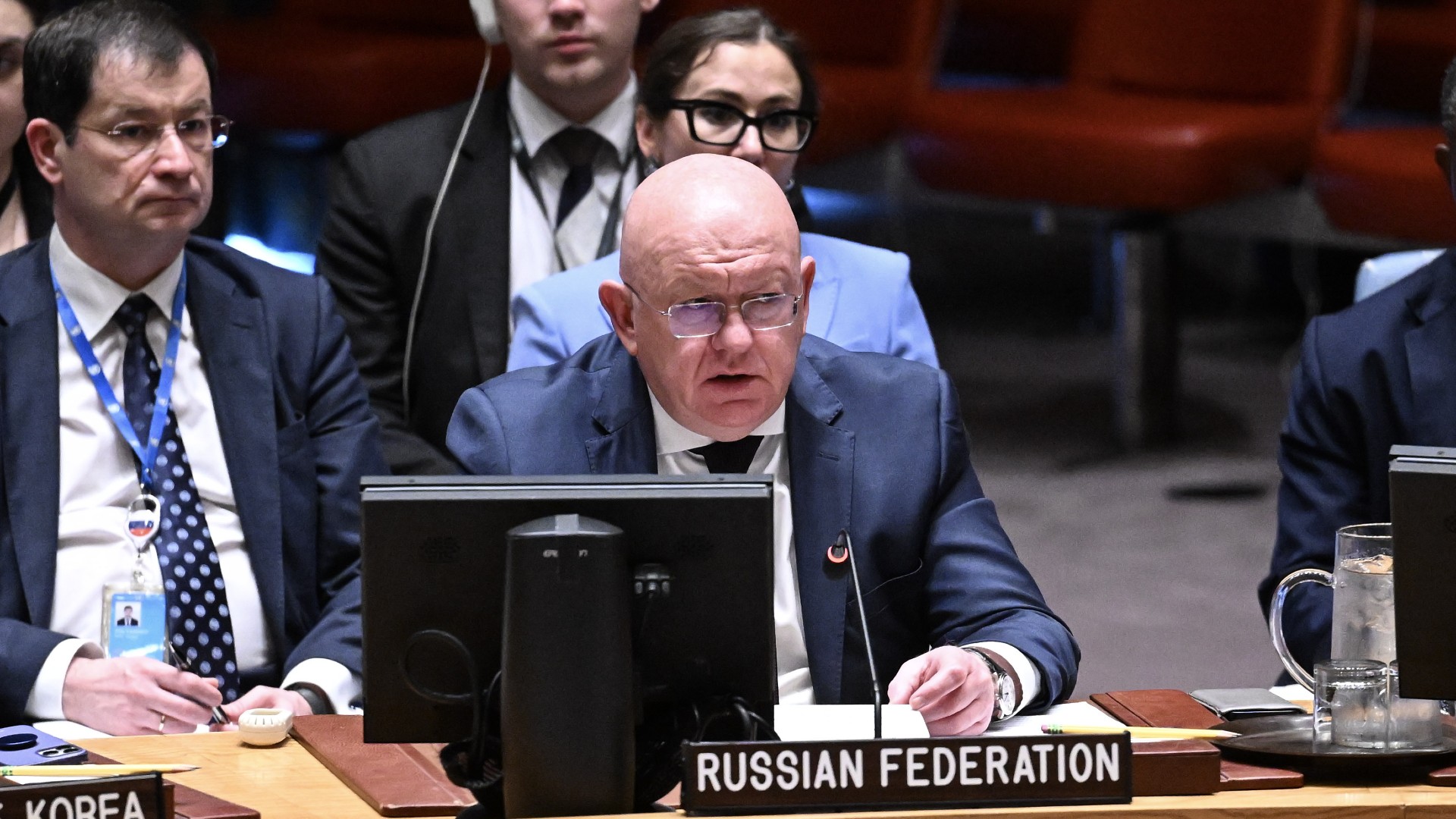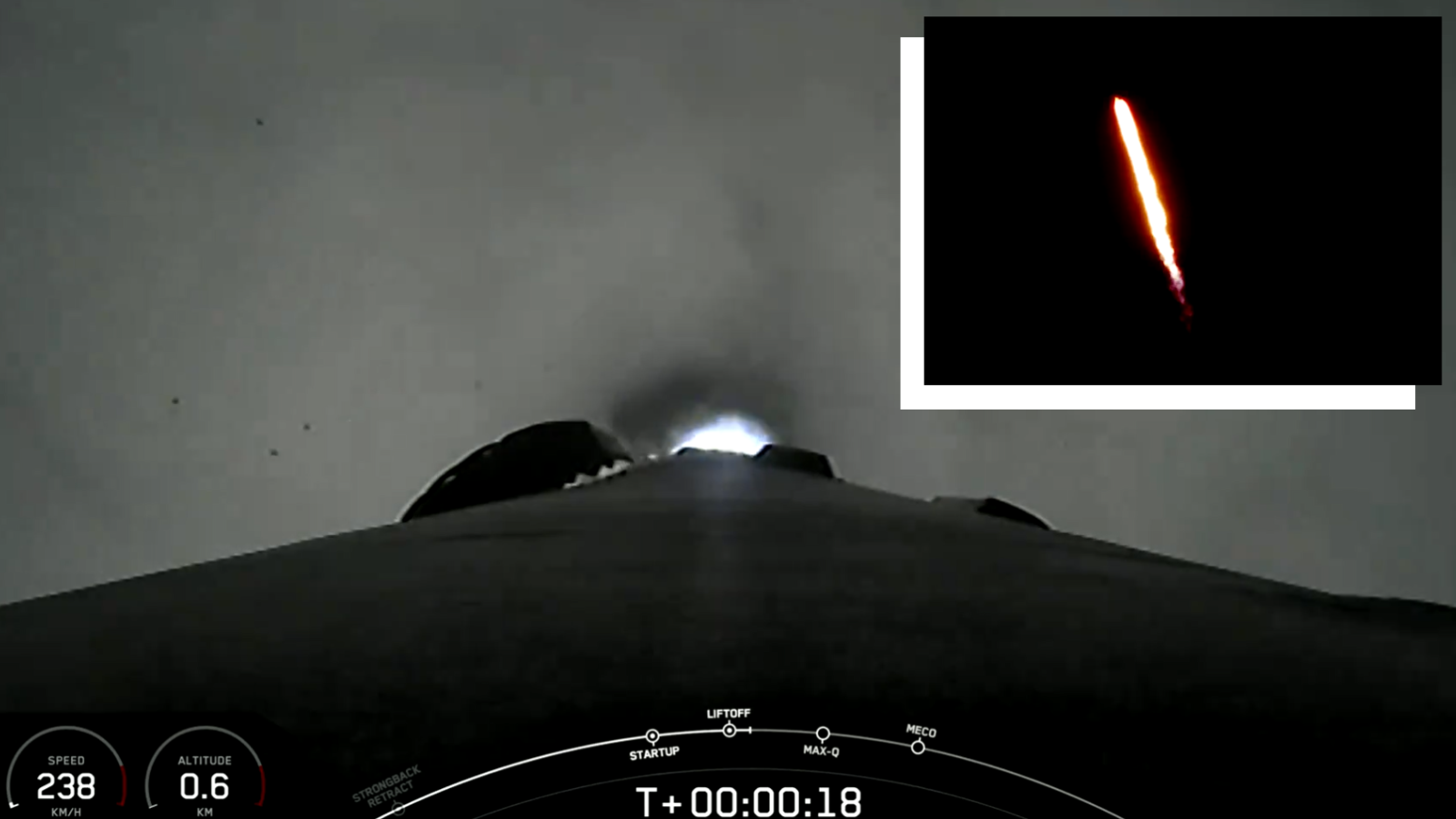
The United Nations Security Council has voted against a resolution introduced by Russia and China that would ban member states from placing weapons of any kind in outer space.
This isn't the first time these two countries have suggested such an idea. In late April, the United States and Japan introduced a resolution of their own that sought specifically to ban the deployment of weapons of mass destruction; at the time, Russia and China introduced an amendment to this resolution that had similar tones to their recent resolution that's been struck down. That Russian-Chinese amendment sought to "prevent for all time the placement of weapons in outer space, and the threat of use of force in outer space."
Votes were counted for the American-Japanese resolution last month; 13 countries voted "yes," while China abstained and Russia voted "no." The resolution was ultimately vetoed.
The latest Russian-Chinese resolution, introduced on May 20 and now shot down as well, was largely the same as the one vetoed in April. However, it also proactively included the amendment these countries proposed for the previous one. When voting on this new resolution, seven countries voted in favor, seven voted against, and one — Switzerland — abstained.
Related: Russia vetoes UN resolution against nuclear weapons in space
Ambassadors for the U.S. and Russia traded barbs following the vote. Russia's permanent U.N. representative Vassily Nebenzia said it was "deeply regrettable" that Western nations on the United Nations Security Council (UNSC) would not vote in favor of "preserving space exclusively for peaceful use."
"By doing so, they have finally taken off their masks and, exposed themselves, and shown us what they really are," Nebenzia said in a statement following the vote.
"The United States will not support this disingenuous resolution," U.S. deputy ambassador Robert Wood said in a pre-vote statement. "For our part, the United States will continue to demonstrate how space activities can be conducted in a responsible, peaceful, and sustainable manner in order to preserve the benefits of space for current and future generations."
"We also will continue to put a bright spotlight on Russia's troubling actions in space, and how they diverge from its statements here in the Security Council," Wood's statement continues.
Experts and representatives from other nations expressed their dismay in the back-and-forth bickering over these space-based resolutions. "We have this negative, squabbling attitude among leading space powers that seem more interested in scoring points off their adversaries rather than engaging in constructive dialogue," said Paul Meyer, Canadas former ambassador for disarmament and a fellow at the Vancouver-based Outer Space Institute, according to the Associated Press.

Ecuador's U.N. ambassador, meanwhile, decried the vote itself as pointless because the outcome was easy to predict based on the council's vote on the April 24 Russian-Chinese amendment. "Why put this Council through a useless process when the result was already known?," Ecuador's representative asked, according to the U.N.
The vote to shoot down this Russian-Chinese resolution comes just days after the U.S. accused Russia of launching a counterspace weapon — a spacecraft designed to destroy or disable other satellites — into the same orbit as an American satellite.
Neither the capabilities nor the intended mission of the Russian satellite, known as Cosmos 2576, are known, according to SpaceNews. But observers have noted that it appears to be in the same orbit as USA 314, believed to be a spy satellite, according to satellite tracker Marco Langbroek.
The U.S., Russia and China are rapidly deploying satellites with new and often unknown capabilities into orbit that are designed to disable, degrade or disrupt other nation's spacecraft.
Russia is believed to have tested one such spacecraft in August 2022, when one of its satellites appeared to have released a projectile in the direction of another spacecraft. The U.S. Department of State said the possible test "displayed characteristics of a space-based weapon." Chinese satellites have been observed dragging other spacecraft into "graveyard orbits."
Perhaps most worryingly, reports surfaced earlier this year that Russia has launched a nuclear-capable counterspace weapon, although it remains unclear what exactly the spacecraft is capable of.
The U.S., meanwhile, has U.S. Space Force units devoted entirely to targeting adversary satellites and has conducted "simulated on-orbit combat" training exercises.







